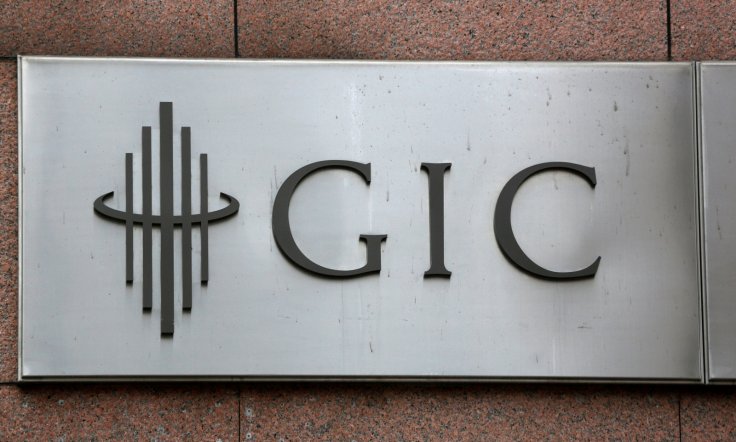
Singapore sovereign wealth fund GIC Pte Ltd said it is now more cautious about the investing environment than it was last year and is bracing for low returns due to high valuations and slowing economic growth.
But while GIC, among the world's biggest investors, is worried about heightened political and policy uncertainty, including the Sino-U.S. trade war, it is positioning itself to cushion the impact by investing in countries such as Vietnam which are benefiting from a shift in supply chains.
"We are more concerned, even more concerned compared to last year because the developments over the last 12 months have been more negative than even what we were thinking about," CEO Lim Chow Kiat told Reuters in an interview.
GIC is ranked the world's eighth-biggest sovereign investor, managing $390 billion in assets, according to the Sovereign Wealth Fund Institute.
While smaller Singapore peer Temasek Holdings focuses on equities, GIC, which manages most of the government's financial assets, invests in a wide range of assets and has a long-term goal of beating global inflation.
Underscoring its cautious stance, GIC's allocation to bonds and cash rose to a record 39% in the year that ended in March from 37% in the previous year and 31% five years ago.
Washington and Beijing have slapped tariffs on billions of dollars of each other's imports, stoking worries that the nearly year-long trade war would escalate. Those tariffs remain in place while negotiations resume.
"There are developments or events that could cause investment losses or lower returns," said Lim, who took over as CEO two years ago after a 24-year career at the investment firm.
GIC's portfolio returned 4.9% per annum in nominal U.S. dollar terms over a five-year period that ended in March 2019, versus 6.6% in the period that ended in March 2018.
The firm's reference portfolio of 65% global equities and 35% bonds returned an annualised 5% percent in the five years that ended in March 2019. GIC reported an annualised rolling 20-year real return - its main performance gauge - of 3.4% for the latest year, the same as reported in the previous year.
Financial markets have rallied this year, with the S&P 500 and China's biggest markets surging by nearly 20% in the first half, replacing last year's big drops in European, Asian and U.S. equity markets and reviving hopes the decade-long global bull-run may not have ended after all.
But Lim said the valuation expansion and increase in uncertainty had made GIC more cautious.
VIETNAM, EMERGING MARKETS
Jeffrey Jaensubhakij, GIC's chief investment officer, said GIC still liked emerging markets such as Vietnam, where it has exposure to the home building and banking sector.
He said Vietnam was benefiting from an acceleration in Chinese companies looking to relocate their production facilities overseas to escape U.S. tariffs, while U.S. multinationals in China were also seeking to relocate elsewhere.
Over the past year, GIC has invested in Vietnamese conglomerate Vingroup, Brazilian gym chain Smartfit and China's Luckin Coffee.
The share of developed market equities in its portfolio fell to 19% last year from 23% a year ago.
This week, GIC and Canada's Brookfield Asset Management Inc agreed to buy U.S. freight railroad owner Genesee & Wyoming Inc for about $6.4 billion.
GIC is not worried about the global financial hot spot status of Hong Kong, where a flurry of protests over a proposed bill to allow extraditions of suspects to face trial in China has spooked investors and prompted some to make plans to move funds elsewhere, including to Singapore.
"Hong Kong is an important business and financial centre. It is important that it continues to play those roles because businesses need Hong Kong, investors need Hong Kong," Lim said.








